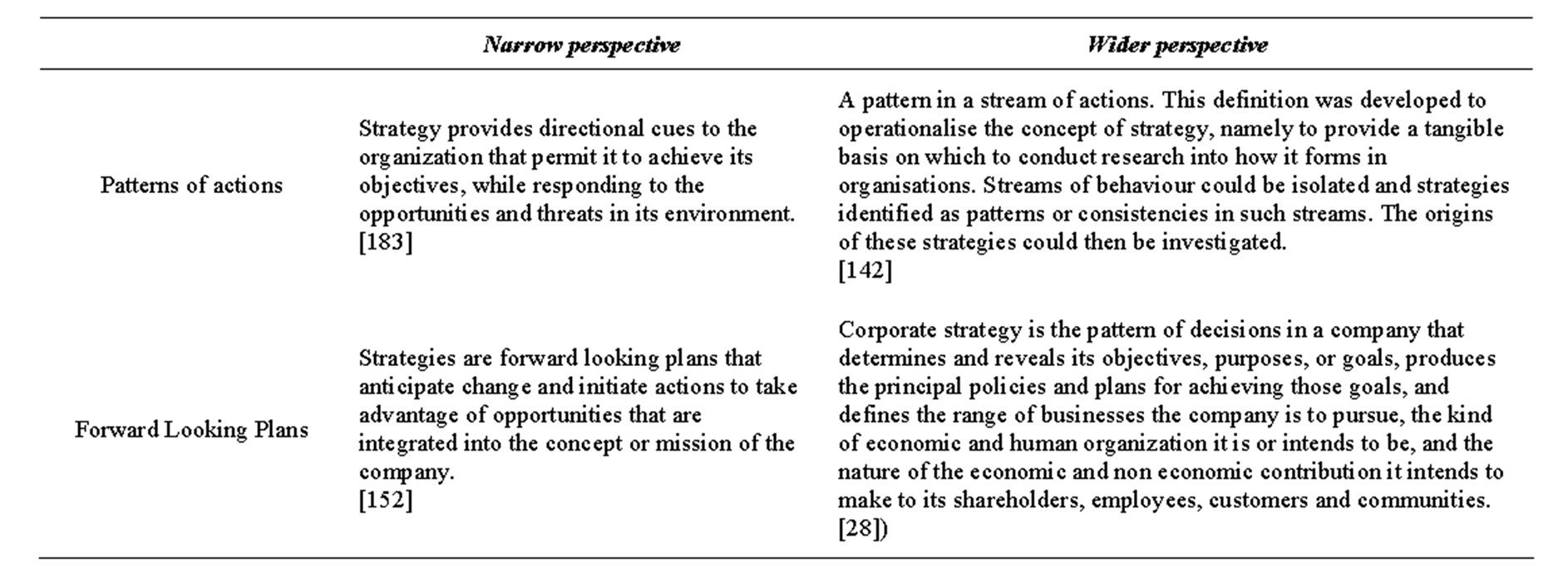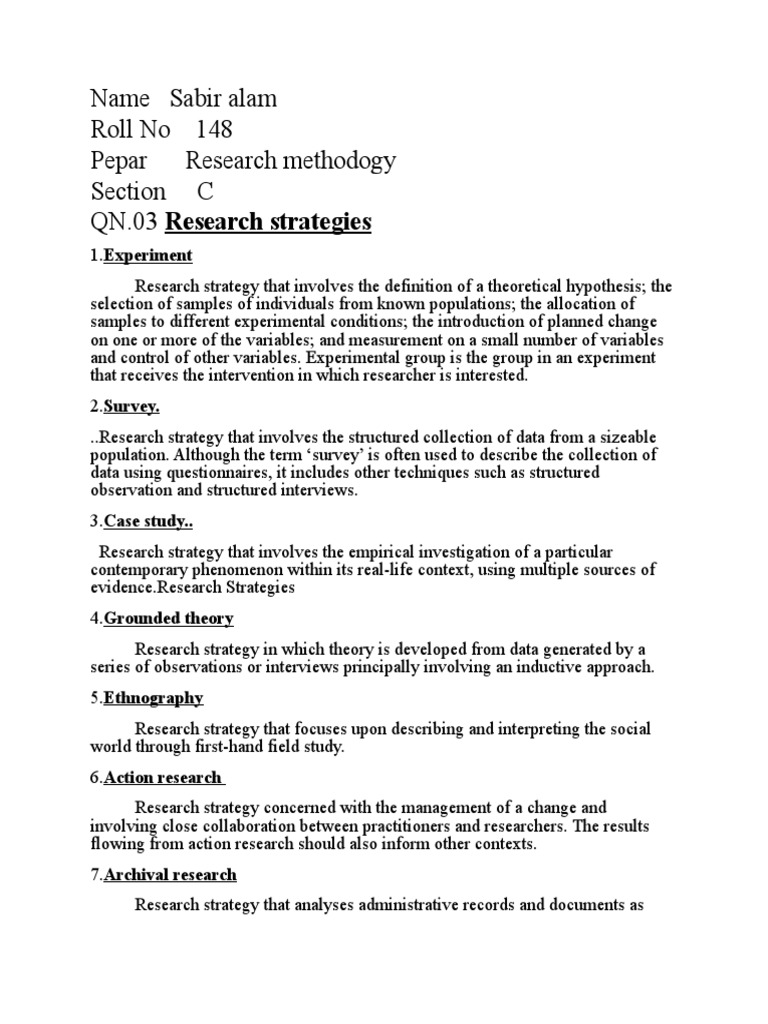A research strategy is a plan or approach for conducting research that guides the collection, interpretation, and presentation of data. It involves identifying a research question or problem, selecting appropriate methods for collecting and analyzing data, and determining how the results will be disseminated and applied.
The definition of a research strategy can vary depending on the context in which the research is being conducted. For example, a research strategy for a dissertation may involve a comprehensive review of the literature, while a research strategy for a marketing campaign may focus more on gathering data through surveys or experiments.
Developing a research strategy is an important part of the research process, as it helps researchers to focus their efforts and ensure that their research is both feasible and relevant. It also helps researchers to anticipate potential challenges and develop contingency plans to address them.
There are several steps involved in defining a research strategy. First, researchers must identify a clear and specific research question or problem. This may involve reviewing the literature to identify gaps in knowledge or areas that have not been adequately explored. Once the research question has been identified, researchers must select the appropriate methods for collecting and analyzing data. This may involve deciding whether to use qualitative or quantitative methods, and choosing the specific tools or techniques that will be used to gather and analyze data.
Researchers must also consider the scope of the research, including the time and resources that will be required to complete the study. This may involve determining the sample size, sampling methods, and data collection procedures. Researchers must also consider ethical considerations, such as obtaining informed consent from participants and protecting their privacy.
Finally, researchers must plan for the dissemination and application of the research findings. This may involve publishing the results in academic journals, presenting the findings at conferences, or applying the findings to real-world problems or policy decisions.
In summary, a research strategy is a plan or approach for conducting research that guides the collection, interpretation, and presentation of data. It involves identifying a research question or problem, selecting appropriate methods for collecting and analyzing data, and determining how the results will be disseminated and applied. Defining a research strategy is an important part of the research process, as it helps researchers to focus their efforts and ensure that their research is both feasible and relevant.






